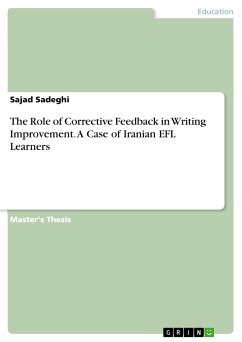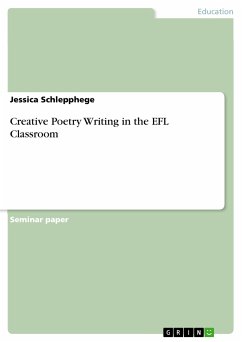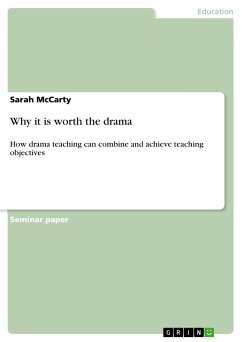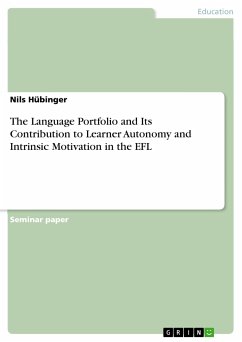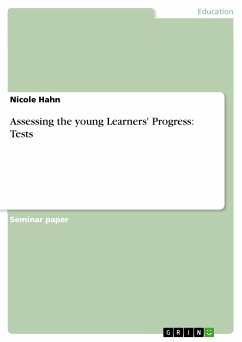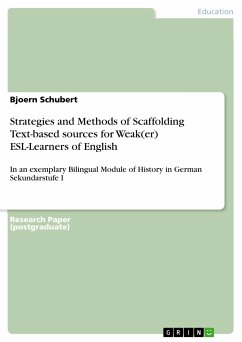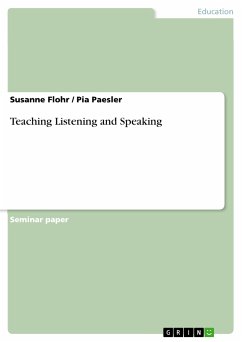Master's Thesis from the year 2014 in the subject Didactics for the subject English - Pedagogy, Literature Studies, grade: 18.50, , course: The Role of Corrective Feedback in Writing Improvement: A Case of Iranian EFL Learners, language: English, abstract: Previous research has shown that corrective feedback on an assignment helps learners reduce their errors during the revision process. Does this finding constitute evidence that learning resulted from the feedback? Differing answers play an important role in the ongoing debate over the effectiveness of error correction, suggesting a need for empirical investigation. In this study, two groups of EFL learners were asked to write an in-class narrative. Their papers were collected, revised and returned to them in the next session. Half of the students had their errors underlined and used this feedback in the revision task while the other half did the same task without feedback. Results matched those of the previous studies: the underlined group was significantly more successful than the control group. Later on, the students were identically taught in 9 sessions. In the 12th session, however, the students were asked to write the same narrative they had produced in the first and second session as a measure of long-term learning. On this measure, the two groups were virtually identical. Thus, successful error reduction during revision is not a predicator of learning as the two groups differed dramatically on the former but were indistinguishable on the later. Improvements made during revision are not evidence on the effectiveness of correction for improving learners’ writing ability in the long run.

